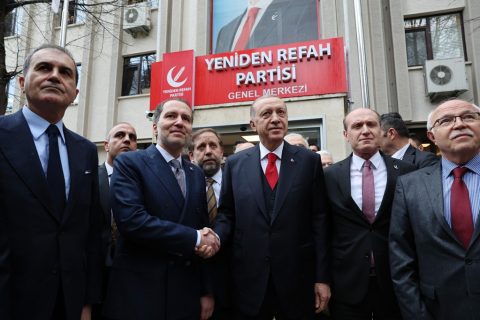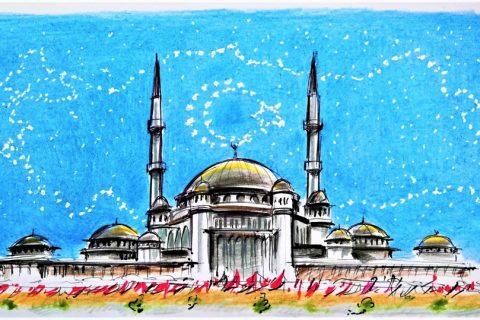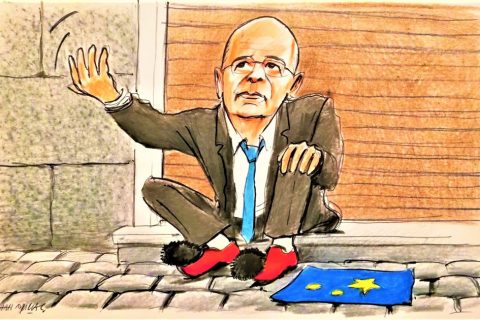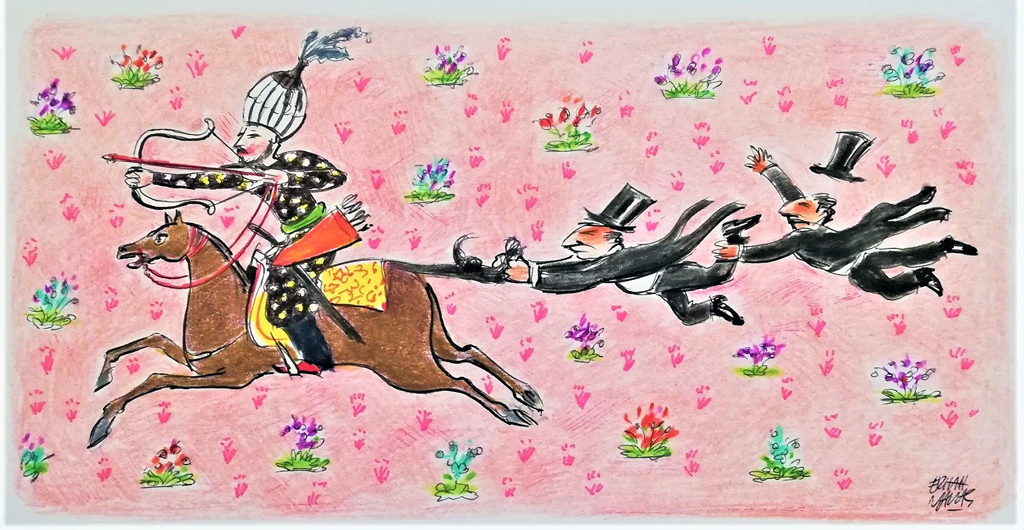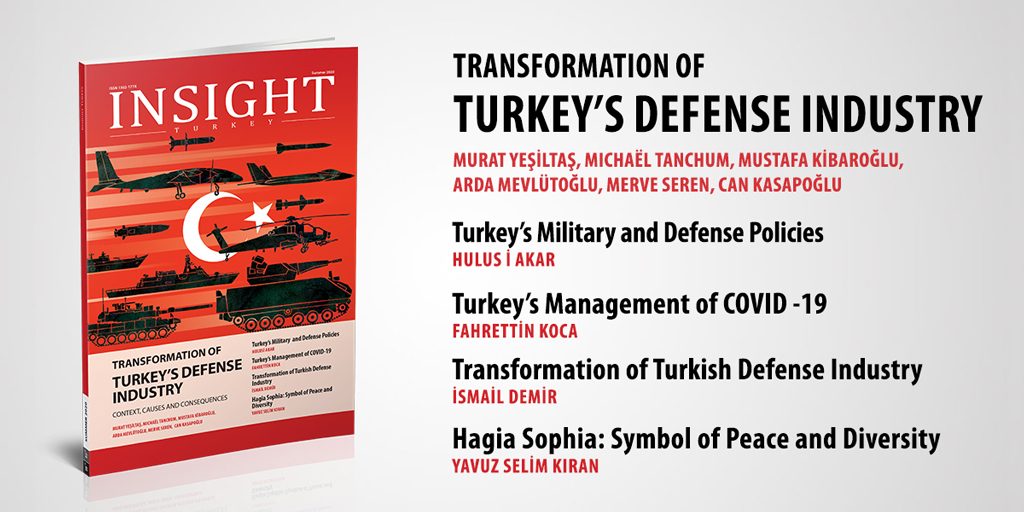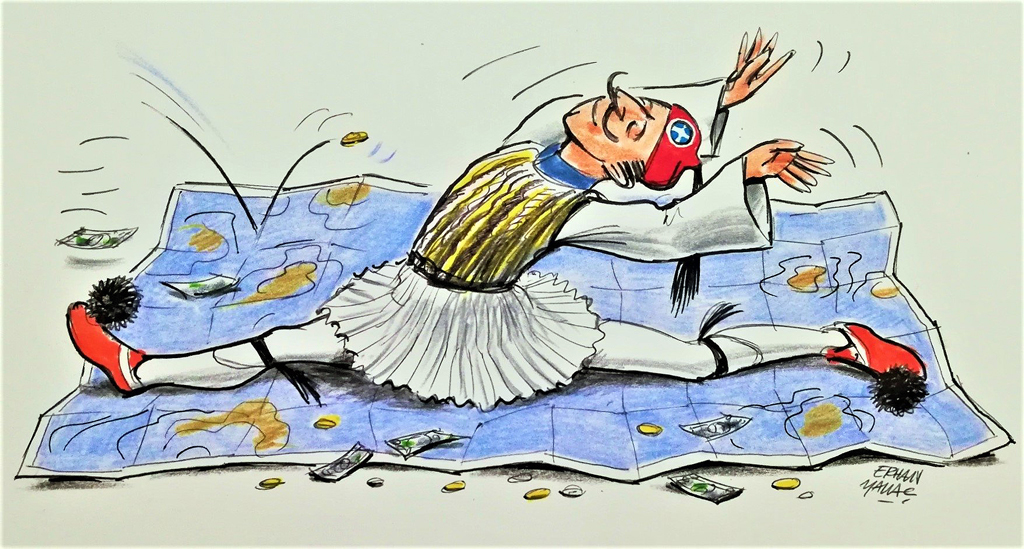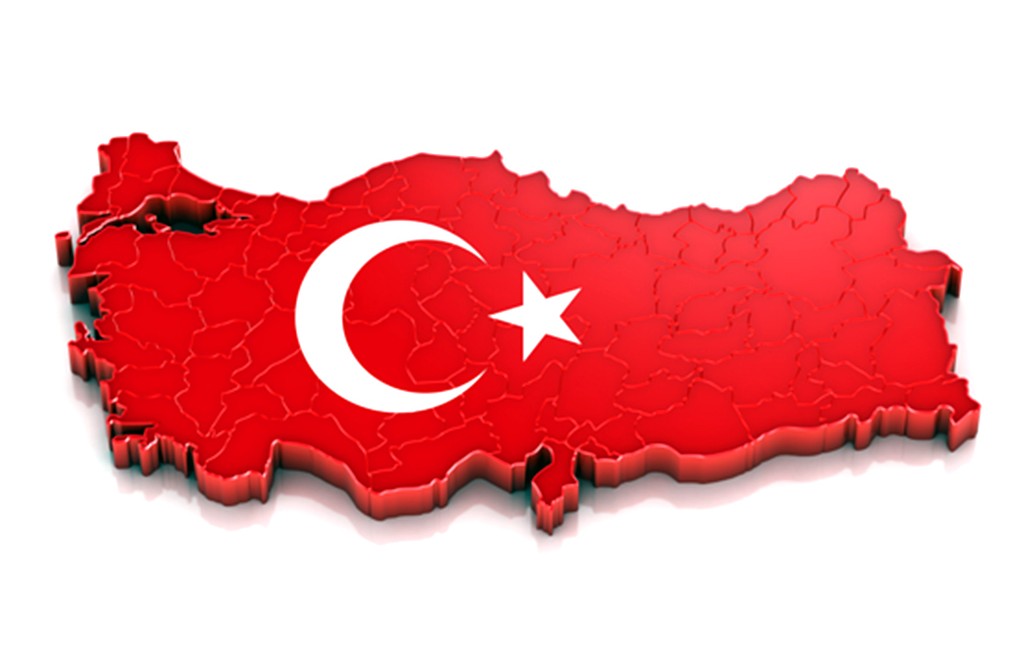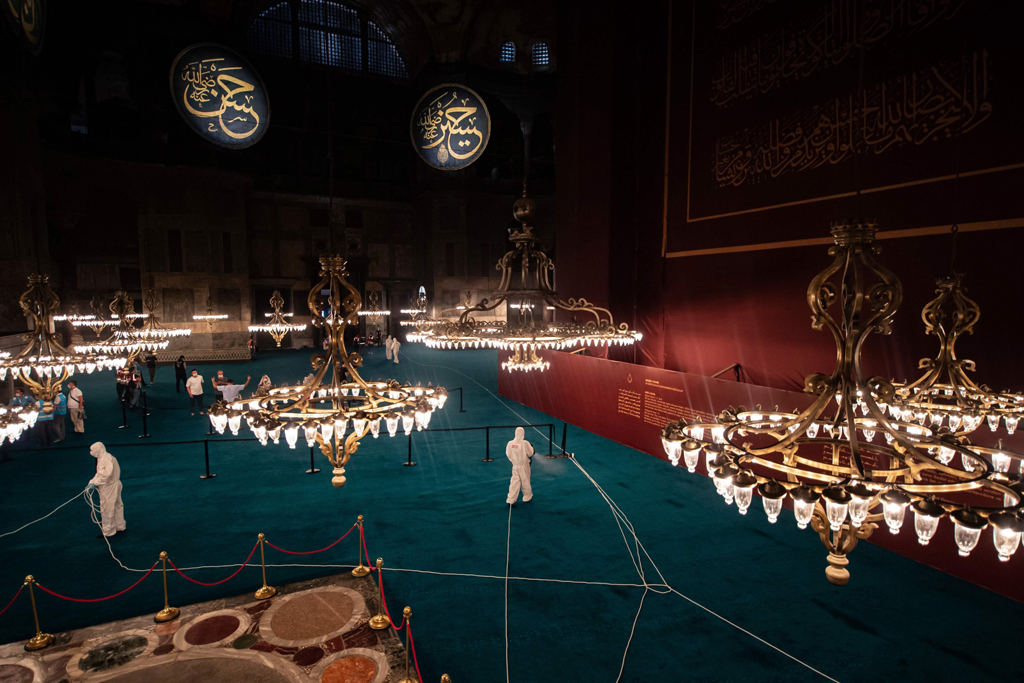Hagia Sophia Mosque
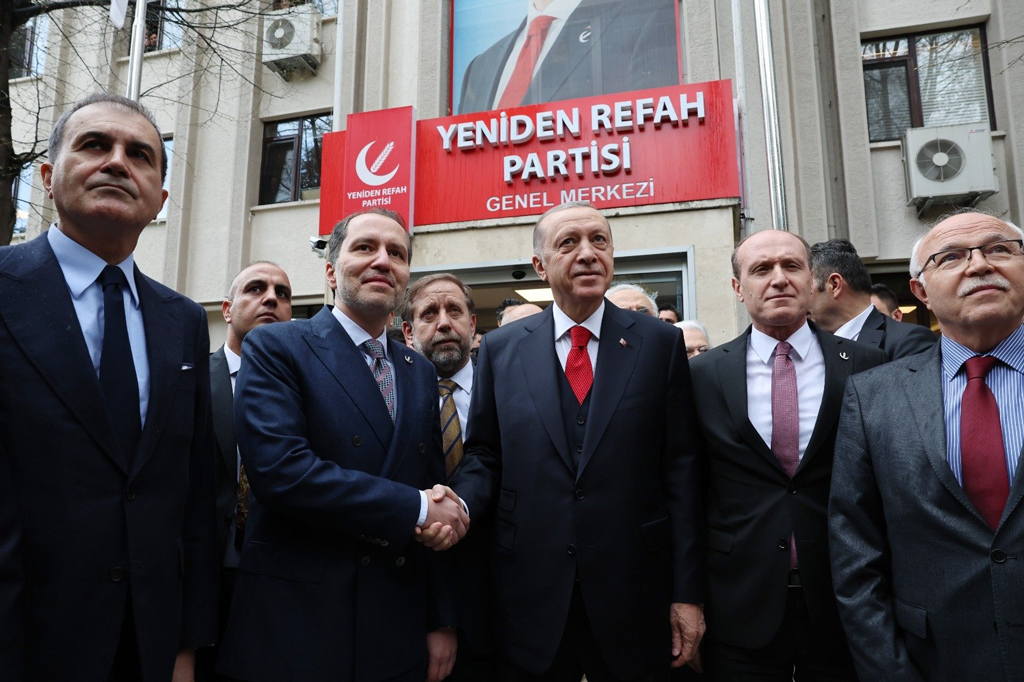
State and future of alliances as Turkish election looms
| OpinionThe Turkish election, which President Recep Tayyip Erdoğan recently described as a historic fork in …
-
Opinion
State and future of alliances as Turkish election looms
By Burhanettin DuranIf the seven-party coalition actually attempts to govern, they will transform government agencies into fiefdoms loyal to different political parties and ideologies. Each political party will attempt to inject its own supporters into the bureaucracy, fueling fragmentation and even rivalries. It is virtually impossible to guess how many meetings they would have to hold to coordinate their actions.
-
Opinion
Taksim Mosque: A gift to Turkish Republic’s 2nd century
By Burhanettin DuranAnother blessed opening ceremony took place on May 28, as Turkish President Recep Tayyip Erdoğan made a '150-year-old dream' come true by unveiling the Taksim Mosque. May this new mosque serve the Muslim world, the Turkish people and all Istanbulites well.
-
Opinion
Greece in panic as East Med balance serves Turkey
By Burhanettin DuranThe Greek foreign minister’s populist behavior, an obvious attempt to impress nationalist voters at home, established, without a shadow of a doubt, which country was being unreasonable.
Bu Konuda Daha Fazla
-
Turkish opposition in search of politics
By Burhanettin DuranOnce again, Turkey’s main opposition Republican People’s Party (CHP) leader, Kemal Kılıçdaroğlu, started a new debate over early elections. This time around, he urged Nationalist Movement Party (MHP) Chairperson Devlet Bahçeli, whose movement is part of the pro-government People’s Alliance, to say “enough is enough” and lead the country to elections. Kılıçdaroğlu’s message was an obvious, yet timid, response to Bahçeli’s earlier call on the Good Party’s (IP) Meral Akşener to return home. Former Finance Minister Ali Babacan, who currently chairs the Democracy and Progress Party (DEVA), echoed the same sentiment, in a meeting with Kılıçdaroğlu and claimed that Turkey’s current system of government would not last until June 2023.
-
Insight Turkey Publishes Its Latest Issue “Transformation of Turkey’s...
By SETAThrough a wide range of articles and commentaries, this issue aims to bring to its readers a comprehensive framework on the transformation of Turkey’s Defense Industry and changing patterns of its military strategy.
-
Greece benefits from rising tensions with Turkey
By Muhittin AtamanTurkey and Greece have been in conflict for the last several decades. However, mainly due to a series of anti-Turkish moves made by the Greek state and the transgressed explanations made by Greek officials, tensions between the two countries have risen dramatically in recent years. As a reaction to Turkey’s improvement of its defense industry and its effective interventions in regional crises, Greece has been trying to exploit every opportunity to produce anti-Turkish policies.
-
Balance of change in Turkish politics
By Burhanettin DuranHagia Sophia’s conversion into a mosque sparked a debate over President Recep Tayyip Erdoğan’s political agenda. Some observers believe that the administration has a to-do list yet to be completed. That claim boils down to the idea of Turkey’s gradual Islamization. Western media outlets, too, amplified that message by speculating that Erdoğan undid Mustafa Kemal Atatürk’s legacy and revived the Ottoman Empire to bring back the caliphate. Others, out of excitement or sorrow over Hagia Sophia’s reopening, jumped on that bandwagon.
-
Reversion of Hagia Sophia: Normalization of Turkish politics
By Muhittin AtamanHagia Sophia was converted into a mosque after the conquest of Istanbul in 1453 by Sultan Mehmed II as a symbol of the Ottoman conquest of the city. It served as a mosque until 1934, when it was converted to a museum. Many other steps were taken during the first two decades of the Republic of Turkey, which solidified the rupture of the new regime from its past and were considered a necessity for the recognition of the new regime by the international community. Not only Muslims but also non-Muslims were deprived of many religious rights. For instance, many properties belonging to non-Muslim charitable foundations were appropriated by the government.
